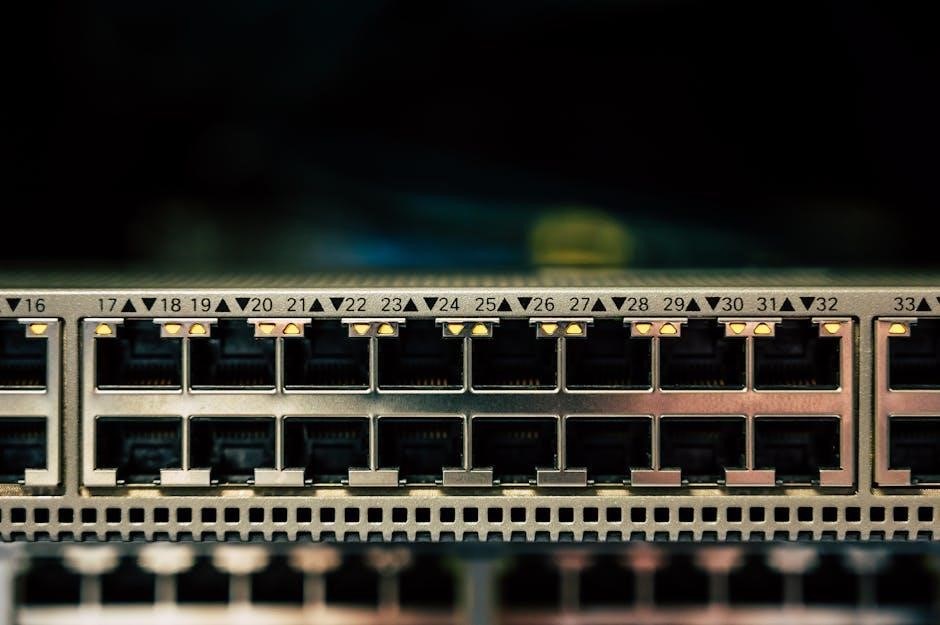System administrators play crucial roles in organizations, managing infrastructure and platform services, with
key responsibilities
including day-to-day management tasks and technical support, ensuring reliable and efficient service always.
Overview of System Administration
System administration involves managing and maintaining computer systems, including hardware, software, and networks. The goal of system administration is to ensure that systems are running efficiently and effectively, with minimal downtime or errors. This involves a range of tasks, including installing and configuring systems, managing user accounts and permissions, and monitoring system performance; System administrators must also troubleshoot issues and resolve problems quickly, to minimize the impact on users and the organization. Additionally, system administrators are responsible for ensuring the security and integrity of systems, by implementing security measures and protocols to prevent unauthorized access or data breaches. By performing these tasks, system administrators play a critical role in supporting the operations of an organization, and enabling users to work effectively and productively. Overall, system administration is a complex and multifaceted field, requiring a range of technical, analytical, and problem-solving skills.

Key Responsibilities of a System Administrator
System administrators manage infrastructure, platforms, and services, ensuring reliability and efficiency always with
technical expertise.
Managing Infrastructure and Platform Services
System administrators are responsible for managing infrastructure and platform services, including virtualization, compute, storage, and network services. They design, build, and support on-premise systems, ensuring reliability and efficiency.
They also manage operating systems, tool stacks, and databases, and coordinate with vendors and staff to resolve issues.
Additionally, system administrators develop and implement policies and procedures for managing infrastructure and platform services, and ensure compliance with state, federal, and university policies.
They also monitor system performance, identify areas for improvement, and implement changes to optimize system efficiency and reliability.
Overall, system administrators play a critical role in ensuring the smooth operation of an organization’s infrastructure and platform services, and are essential for maintaining reliability, efficiency, and security.
By managing infrastructure and platform services effectively, system administrators can help organizations achieve their goals and objectives, and provide high-quality services to customers and users.

Day-to-Day Management Tasks
Setting Priorities and Managing Schedules
System administrators must set priorities and manage schedules effectively to ensure timely completion of tasks and projects, using tools like calendars and to-do lists to stay organized and focused.
They must also be able to coordinate and interface with vendors and staff, developing and implementing project plans and schedules.
This involves identifying and assessing project requirements, estimating timelines and resources, and allocating tasks and responsibilities to team members.
Effective priority setting and schedule management enable system administrators to meet deadlines, achieve goals, and maintain high levels of productivity and efficiency.
By leveraging their technical expertise and organizational skills, system administrators can optimize their workload, minimize delays, and deliver high-quality results, ultimately contributing to the success of their organizations.

Technical Requirements for System Administrators
Designing, Building, and Supporting On-Premise Systems
